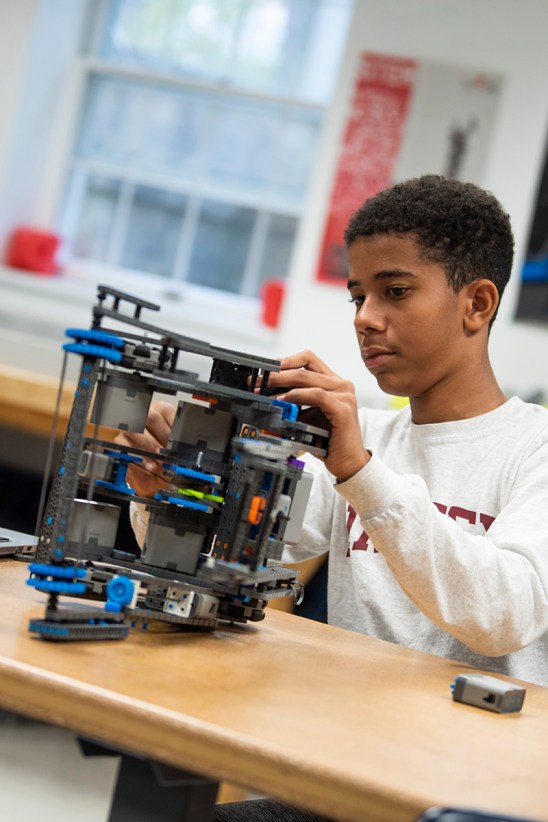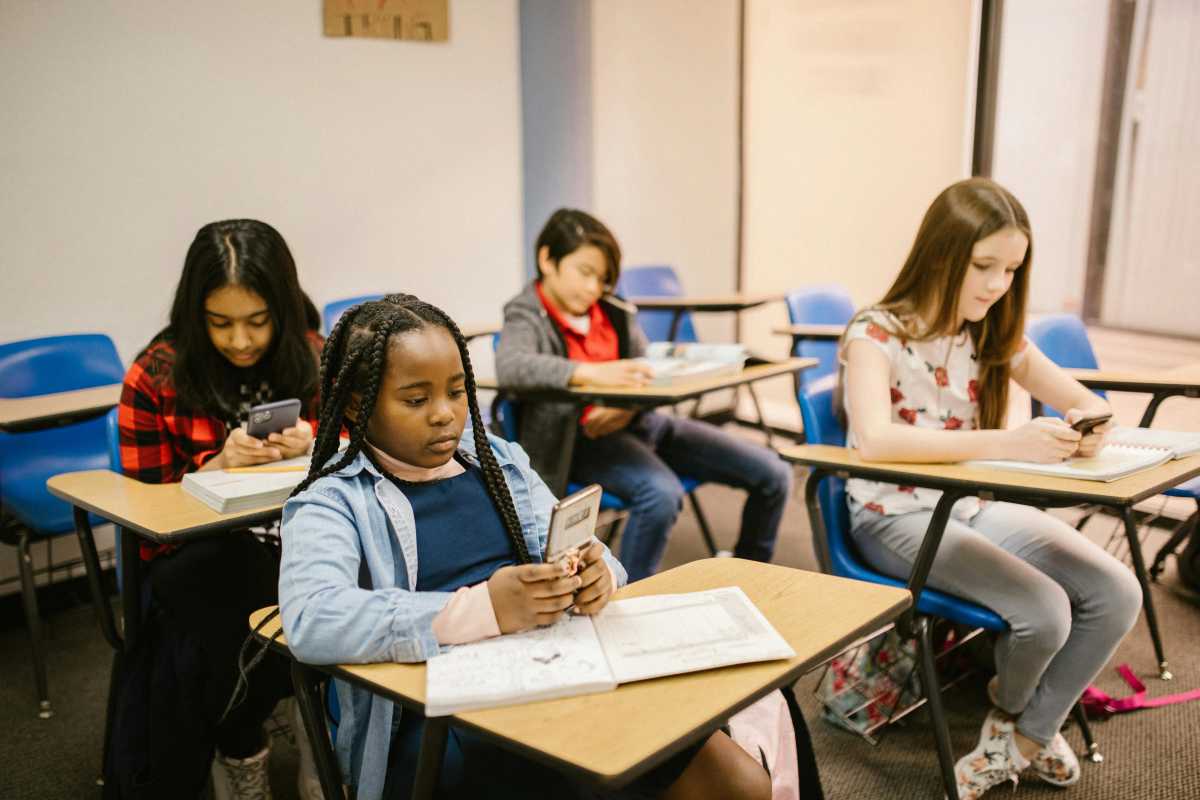For many families, a religious school makes a great education option, whether or not faith is a major part of their home life. In fact, a Catholic or Jewish education can be a fantastic way to expose your child to different ways of thinking about the world and interacting with their community.
Values lead
“First and foremost, agnostic families should know that their children will be welcomed on an equal footing with every other child. Our fundamental belief, rooted in thousands of years of tradition, is that each of us is loved equally by God. As a result, our school culture is one that is welcoming to all,” says Hope Mueller Lippens, principal of St. Ann, The Personal School in east Harlem. “Families should know that we look for ways to incorporate character education at developmentally appropriate stages. For example, we know that fostering empathy is an important gateway to social intelligence growth for kindergartners. Accordingly, we focus on the Catholic value of ‘service’ at this stage, to help children move out of their natural egocentrism to one that recognizes their responsibility to the larger community.”
In a similar vein, choosing a religious school can mean opening up your child to a values’ system that can inform all aspects of their education. The key takeaway is that it’s about shared human values, not just about one specific faith.
“Judaism is not just about God and prayer. Judaism offers us a history, a community, and a set of values and ethics to guide our lives. Even if your family chooses not to celebrate holidays or follow ritual practices, you can still be guided by Jewish values and ethics,” explains Rabbi Rena Rifkin, the director of the Religious School at Stephen Wise Free Synagogue, a Reform congregation on the Upper West Side of New York City. “Things like: Standing up for those less fortunate or powerful in our society (tzedakah); caring for our planet and all of the creatures on it (bal tashchit); or even working to make ourselves better people by learning from our mistakes (teshuvah). And Jewish history is a rich story that can help families feel connected to a larger community and peoplehood.”
What to keep in mind
For parents considering a religious school, there are some important factors to keep in mind throughout the decision-making process. Parents should consider their own feelings about faith in their family – is it something that’s very important in daily life, or that they’d like to make more prominent in their child’s upbringing? They should also consider the educational goals they have for their kids, the curriculum elements that resonate with them, and whether other aspects of an independent education (for example: uniforms, tuition costs, etc.) are right for them.
“Like any private school, parents should consider the tuition requirements and investigate whether there would be financial aid or scholarship opportunities. Parents should also be comfortable with any uniform or dress codes that would be required,” Mueller Lippens says. “More specific to a religious school, I would recommend that parents choose one whose values align with their own family’s beliefs. Parents should also make sure they are comfortable with any religious classes or services that would be included in the curriculum.”
In order to get a clear view of the scope of religion in a school’s mission and day-to-day classroom experience, parents should plan to meet with school officials at any religious schools that are of interest to them. Like with any step in the school admissions process, they should do their research and come to meetings armed with thoughtful questions.
“Parents should feel comfortable with the philosophy of the community and the religious school, and be on board with the expectations. You should meet with the staff of the school and feel comfortable talking to them about your child,” Rifkin says. “It’s important that you feel like your child will connect with the place and the people-and that you will, too!”
Finally, the primary guiding principle parents should keep in mind when considering a religious school is whether they feel at home in the school community-the element of faith is likely to play a big part here, as both the Catholic and Jewish education traditions emphasize community and connectedness heavily.
“Our Catholic faith is used as a foundation for imparting virtues which are essential not only to academic achievement, but more importantly to leading a meaningful life beyond high school and college. Emphasis on individual virtues-like self-discipline, courage, and perseverance-is joined with communal values such as service, generosity, and compassion to help our students live their best life long after they graduate from our school,” Mueller Lippens notes, adding: “Encouraging these communal values has the added benefit of creating a warm and welcoming school culture. Virtues such as friendship, responsibility, and honesty become the focus of not just an individual lesson but of every interaction. These values are a unifying force that create common connections and make us all feel safer to take risks and try our best.”
Mia Weber is the Executive Editor of New York Family magazine.
















